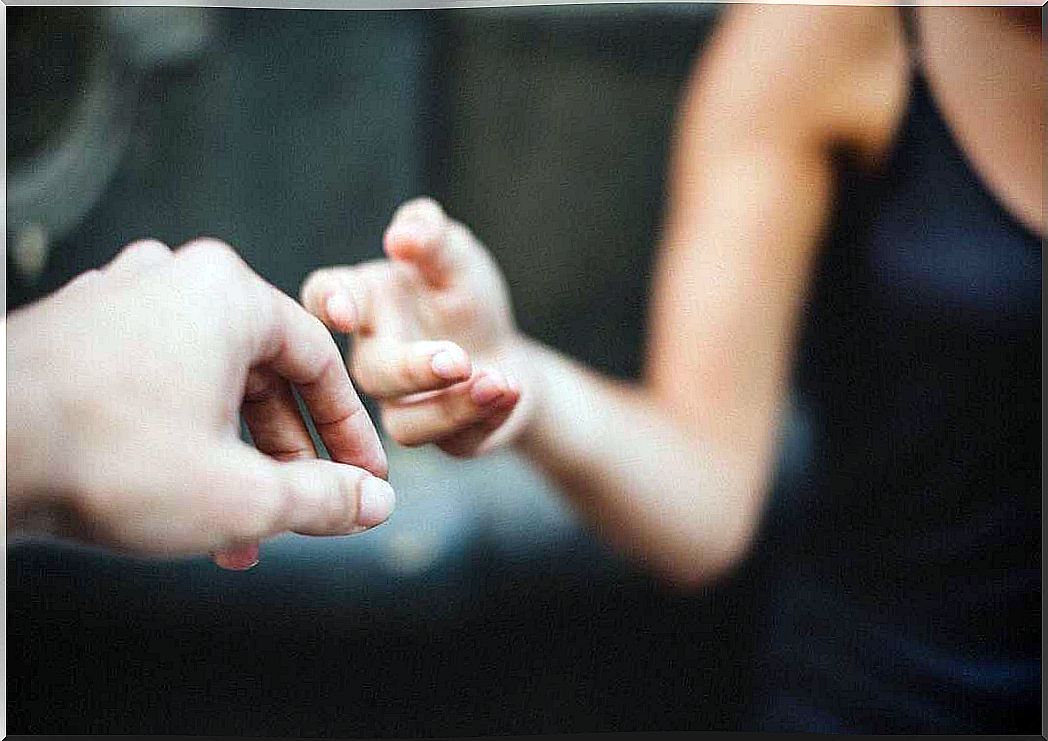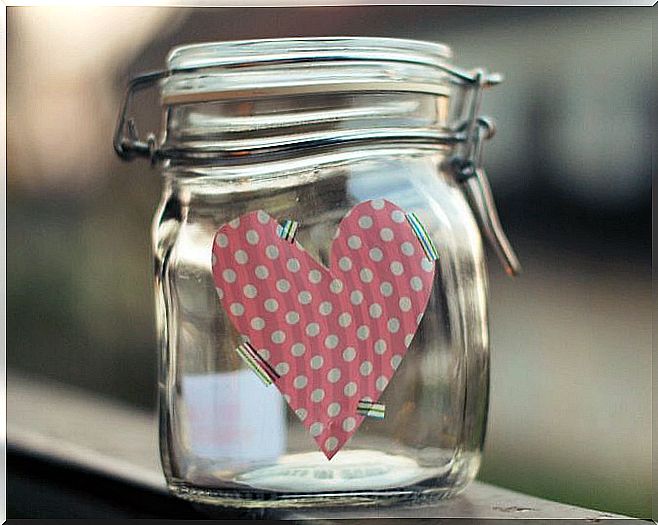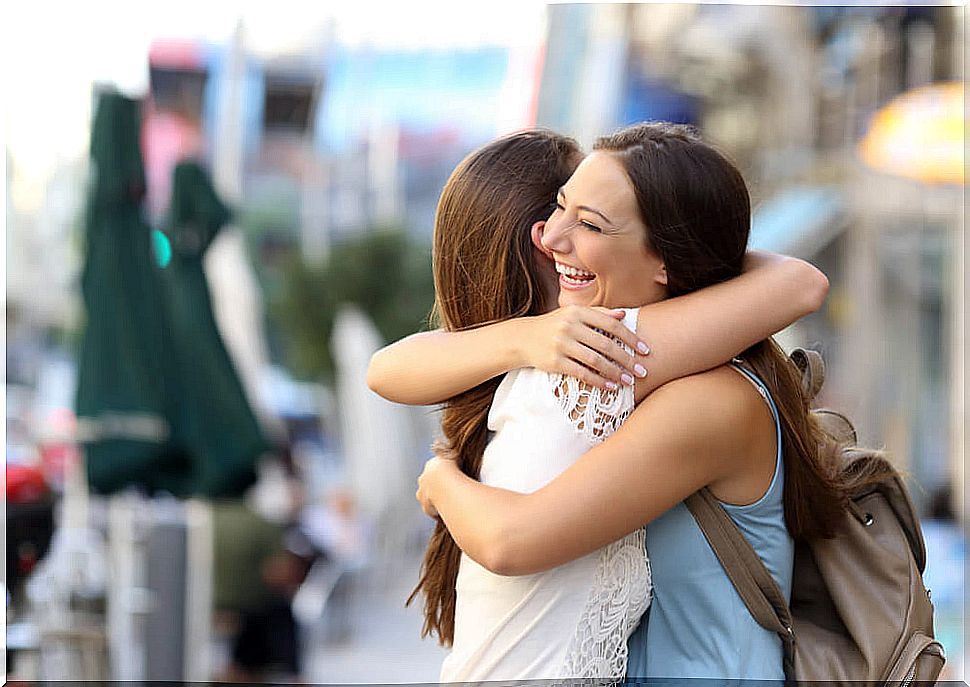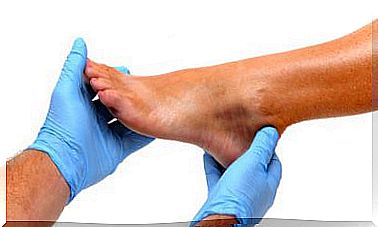Help Others, Bring A Grain To Society And A Grain Of Happiness For You
Help others and you will help yourself. Encourage altruism, kindness and respect and you will shape a more empathetic reality where you can grow as a person, where you invest in physical and psychological health.
It is often said that goodness is that invisible fabric that sustains our society. However, as we well know, it is a type of sustenance that sometimes fails, that we do not perceive and even neglect.
Perhaps we forget the magic of something well known from a psychological point of view such as the social regulation of emotion. We refer to that dynamic by which every good deed reverts to ourselves. In other words, the act of helping improves us as human beings and allows us to feel much better at a physiological and even cerebral level.
This fact is demonstrated in interesting studies such as the one published in the Journal of Behavioral Medicine . According to this research, doing good, conferring support, comfort and well-being to others impacts our brain. Biochemical changes are produced, so to speak, that reverse our mood, our memory and happiness.
Help others and you will help yourself

Cooperate, share, empathize … All these behaviors make up what is known as prosocial behavior. One thing we often neglect is that humans have advanced as a species through cooperation. Our brain is a social and emotional organ. We are made to connect with the people around us to create affective bonds, friendship ties, unions where we care for our own, take care of them …
These social relationships facilitate aspects such as being able to live in society, create families and groups where to live together. There where you can, for example, carry out projects with which to continue advancing and progressing. All that prosocial behavior has allowed us not only to survive, but also to reach a high level in our civilization.
Help others and you will gain emotional well-being
When we feel sad and hopeless, we seek support. Few moments are as significant to us as those where we have the sincere affection of friends and family. Fears are turned off, we are motivated, stress is turned off, and we feel safe once again. Insurance for having significant people.
- Help others and you will perceive it: you will also notice that same emotional well-being. Because not only the one who receives help benefits, but the one who facilitates it also improves, also grows and gains in well-being.
- The social regulation of emotion (“I give you, you give me, I offer you, you receive”) is an essential component in our relationships.
- Another example of this emotional regulation occurs for example when we help children to manage their tantrums. When we offer support to friends, when we help our partner overcome a problem, a fear, a momentary crossroads … We are made to confer positive emotions but we neglect this super power much of the time.

Altruism requires effort and willfulness
Altruism is defined as that sacrifice or effort by which we improve the reality of other people. Thus, one fact that scientists reveal is that the simple fact of making life easier for those who surround us increases the chances of obtaining more satisfaction and happiness.
- There is also another interesting aspect. According to a study conducted by Stanford University, altruism is not genetic. That is to say, a child does not come into the world with that innate quality by which, to know that he must help others.
- Stanford psychologists have conducted a series of experiments with children between the ages of 4 and 6 to discover that altruism has environmental triggers. That is to say, it requires voluntariness, it implies that someone teaches it to us, that we see it daily and that we understand something as simple as that the act of helping benefits us all.
Happiness is not in what you have, but in what you do
Happiness experts tell us that when a person buys a dream material good for which he has been saving, his happiness is momentary and punctual. Now, when we help someone with a difficulty or with a problem of any kind, happiness is sustained, lasts and gives us a sense of security.
Likewise, in more developed countries, where people easily obtain a fixed and well-paid job, happiness is often that dimension that comes and goes, that is sought and not found, that gets out of hand and that they do not know. fine how to get.

Therefore, it is worth remembering that old saying that says “it is in giving that we receive”. Let us understand that well-being starts from simple but profound acts. Let’s reflect to finish with the following sentences:
- Help others to help yourself.
- Help others to generate changes, changes in those around you and also in your own reality: we all win.
In conclusion, whoever helps others gains in physical and emotional health. We find calm and well-being when we connect positively with people.
Of course, although helping others can have a positive impact on our well-being, it does not have to make you feel happy. If you think you need help to feel better, we recommend that you see a mental health specialist.









